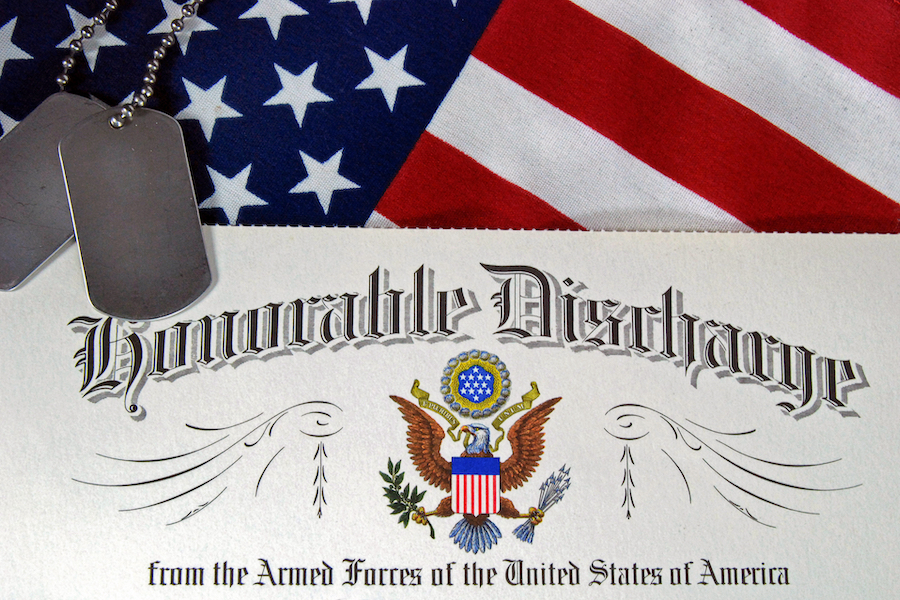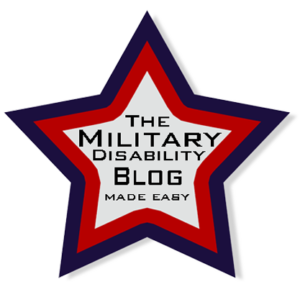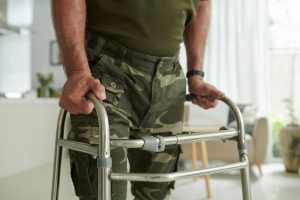Discharge Upgrades
- Published:
- Last Updated: May 21, 2023

If you received a type of discharge that does not allow you to receive VA Disability Benefits for your service-connected conditions, you may want to consider applying for a Discharge Upgrade.
Types of Military Discharges
There are eight types of military discharges, and of those, only the best allow for any benefits from the VA.
An Honorable Discharge is given to all service members who performed their jobs diligently while obeying the law. These veterans are entitled to full benefits from the VA.
A Medical Discharge is given to all service members who are no longer fit for duty because of a medical condition. These discharges are considered honorable, and these veterans are entitled to full benefits from the VA.
A General Discharge Under Honorable Conditions is given to service members that were unable to fulfill their duties satisfactorily, but didn’t commit any serious trespass. These veterans are entitled to disability benefits from the VA.
An Other Than Honorable Discharge is given to service members who violate the Uniform Code of Military Justice (UCMJ). These individuals are not entitled to disability benefits.
A Bad Conduct Discharge is given to service members who are found guilty via court martial. These individuals are not entitled to disability benefits.
A Dishonorable Discharge is given to service members who are found guilty of very serious crimes, like murder, desertion, treason, etc. These individuals are not entitled to disability benefits.
An Entry-Level Separation is typically given to service members who serve for less than 180 days. These individuals are not considered veterans and do not qualify for veteran’s benefits.
A Discharge for the Convenience of the Government is a rare type of discharge given in unique circumstances. Depending on the circumstances, these discharges are usually considered honorable or general and entitle the veteran to disability benefits.
If you were granted a discharge that does not allow you to obtain disability benefits from the VA, then you may be eligible to apply for a discharge upgrade.
Discharge Upgrades
There are some circumstances where your discharge may be eligible for an upgrade.
The DoD estimates that there are tens of thousands of discharged service members who received an unjust discharge related to things like sexual orientation, post-traumatic stress disorder (PTSD), military sexual trauma (MST), traumatic brain injury (TBI), etc.
For example, undiagnosed PTSD could have resulted in behaviors that lead to a less-than-honorable discharge. Since PTSD is a medical condition caused by the individual’s military service, the DoD now recognizes that this behavior was not intentionally performed by the service member and thus should not negatively impact their discharge status and veteran’s benefits.
Similar policies are now in place for behaviors caused by TBI, MST, or other service-connected conditions. The DoD is also allowing for upgrades for less-than-honorable discharges due to sexual orientation, even under the Don’t Ask, Don’t Tell policy.
How to Apply for a Discharge Upgrade
If you believe you received an unjust discharge, then you can apply to receive a discharge upgrade.
When applying, you must provide thorough evidence to support the reason you believe your discharge was unjust.
If your discharge was the result of behaviors caused by a medical condition, you must include medical records that show the diagnosis and service-connection of the condition, as well as sufficient medical evidence to show that it was the direct cause of the behaviors leading to your discharge.
In addition to medical records, make sure to submit any service records or other evidence, like Buddy Letters, that support your claim.
Once you have all of your evidence, then you can submit an application to have your discharge upgraded.
If you have never applied for an upgrade before and you are within 15 years of your discharge date, then you should apply to the Discharge Review Board (DRB) for your branch.
If it has been more than 15 years since your discharge or you disagree with the DRB’s decision after a Personal Appearance Review, then you can apply to the Board for Correction of Military Records (BCMR) for your branch.
If you do not agree with the BCMR’s decision, then you must re-apply to them for reconsideration. If they still do not decide in your favor, then you can apply to the Discharge Appeal Review Board (DARB). You can only apply to this Board if you were discharged on or after December 20, 2019, and you cannot submit any new evidence that was not considered by the previous Boards to this Board.
For more details on how to apply, check out the VA’s Discharge Upgrade tool.
Recent Posts
TDRL vs. PDRL—Which is better for disability benefits?
Leukemias and Multiple Myelomas NOW on the Presumptive List
Two MORE Conditions added to the Burn Pit Presumptive List
The 2025 VA Disability Rates are here!
About Us









